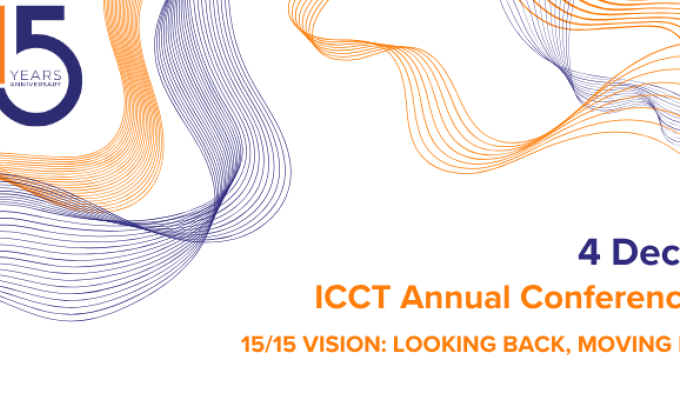The policy brief makes the case that policymakers and practitioners need to consider who the state defines as 'extremists.' In the West, terrorism and violent extremism are seen as the most radical expressions of anti-government resistance. Things, however, look different in the Global South where some governments effectively foster extremists of their own while targeting legitimate and often nonviolent opposition. Echoes of such an approach are also present in Europe where certain (semi-) authoritarian governments securitise their responses to political dissent while seemingly drawing inspiration from more autocratic regimes outside this continent. Thus, in their case, an attempt to counter real or imagined extremism could consequently and likewise lead them to foster extremists of their own.
This policy brief will focus on the case of Malaysia where cybertroopers, or cytros, i.e., groups of coordinated trolling individuals (either paid or voluntary), are deployed for political messaging or conduct online malign influence operations to manipulate and manage public opinion on domestic political issues. The red-ragging tactic brands individuals or groups as communists or terrorists to justify coercive actions against them or creates green scares that focus on individuals who allegedly belong to the Islamist extremist milieu. Ironically, these strategies, which seem to target extremists, nurture a peculiar brand of pro-government extremism themselves. Using Malaysia as a case study, this policy brief hopes to demonstrate how ethnonationalist political actors and their agents use polarising hate speech, the weaponisation of conspiracy theories, and religious supremacy as a criterion for belonging to manage democratic constituents by exploiting existing sociopolitical divisions.
This publication represents the views of the author(s) solely. ICCT is an independent foundation, and takes no institutional positions on matters of policy unless clearly stated otherwise.
Photocredit: 19 STUDIO/Shutterstock







